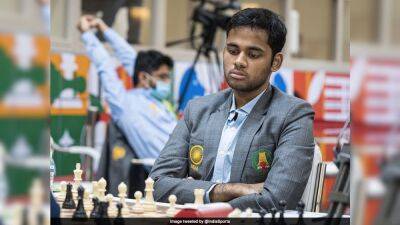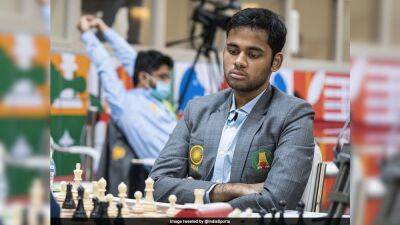Cheating, groupies, big money and drunken brawls: how chess went rock n’roll
One of chess’s best-known grandmasters is considering a theory so outlandish that, until three weeks ago, it lurked only in the murkiest corners of the internet. “Vibrating anal beads?” says Simon Williams, a popular commentator known as Ginger GM. He pauses to consider the claims, amplified by Elon Musk, that a remote-controlled sex toy could help a player cheat. And then he delivers a withering dismissal. “It’s completely surreal,” he replies. “Laughable. Monty Pythonesque. It’s an interesting idea. But it’s not going to work.”
Tell that to the world’s media, who have reported every juicy twist and sordid allegation of chess’s cheating scandal ever since the world champion, Magnus Carlsen, quit the prestigious $500,000 (£447,000) Sinquefield Cup last month after losing to an American teenager, Hans Niemann.
Seemingly overnight, chess has become part soap opera, part whodunnit. Niemann, 19, insists he is willing to play naked to prove he is now “clean”, after admitting to cheating online when he was 12 and 16. However, Carlsen doesn’t believe him, and resigned after just one move when they faced each other again in a recent online tournament.
But as the story rumbles on, it tells something else too. Chess has radically changed. The fusty stereotype of a game played by socially awkward men and boys in draughty church halls and in pub rooms cloistered away from regular punters is no longer the norm. Instead we have entered a new era of chess: younger, hipper – even a little rock’n’roll.
Online, a new breed of glamorous chess “streamers” has sprung up, some of whom earn hundreds of thousands of pounds a year. Millions more are now playing and watching. Meanwhile, at the top level, stories abound of cheating, excessive






